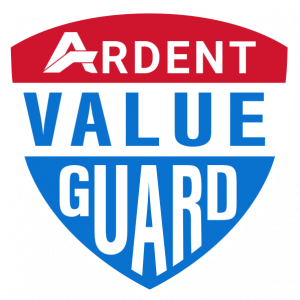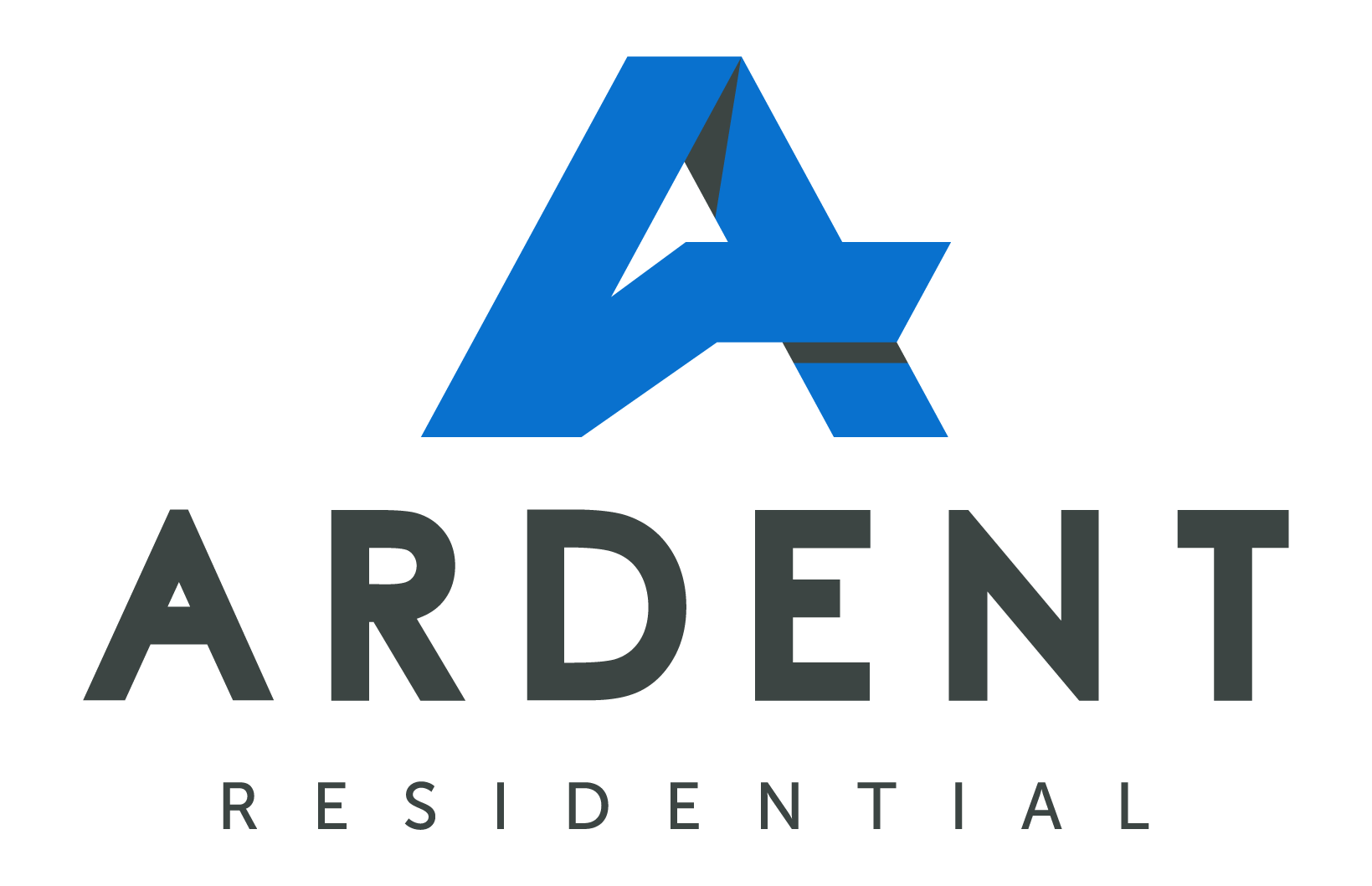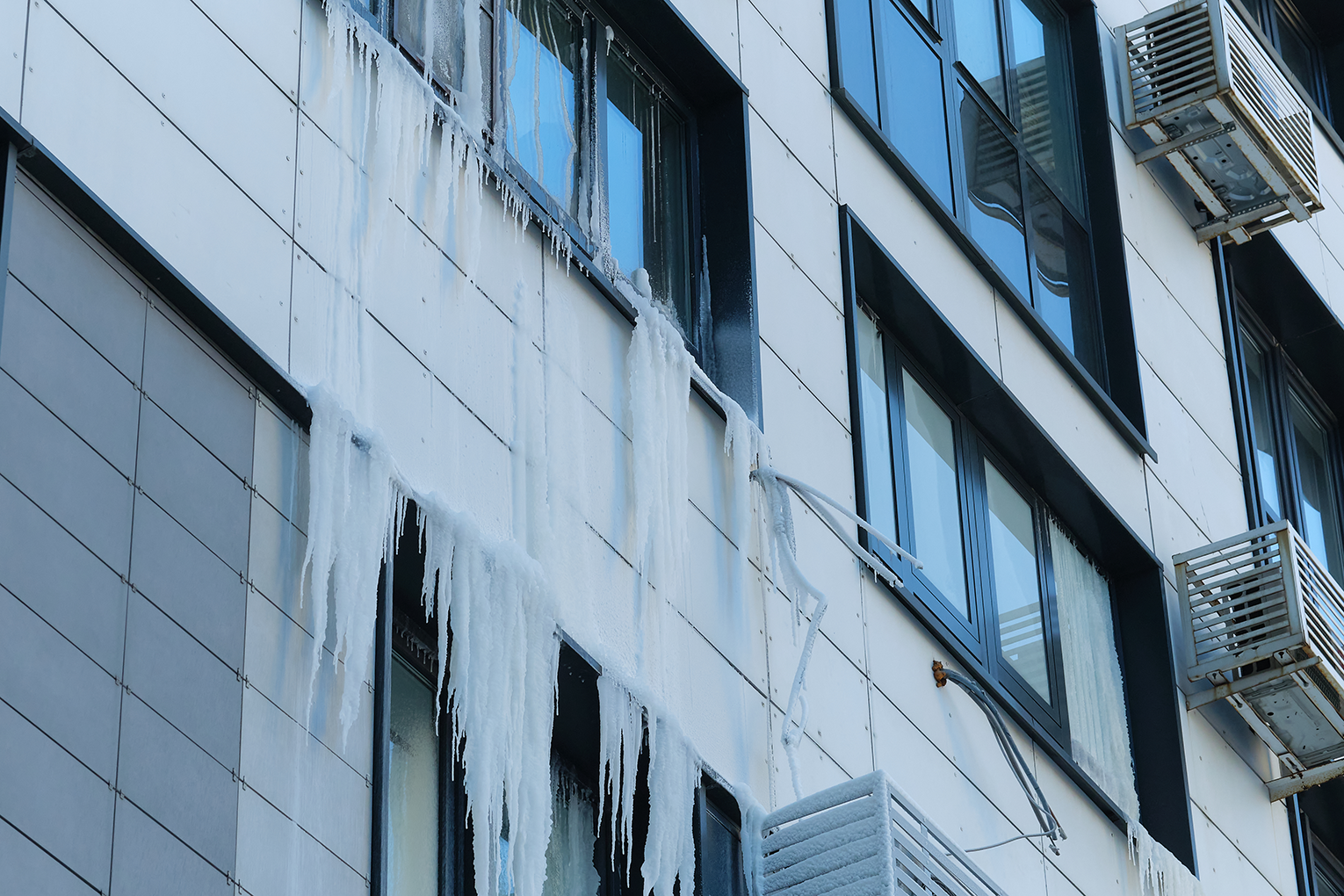If you’re a homeowner in a community governed by a Homeowners Association (HOA), you’re likely familiar with HOA dues. Yet, what is an HOA assessment, and how does it differ from regular dues? HOA assessments are special fees levied to cover unexpected or unbudgeted costs. Unlike monthly dues, which cover routine expenses, assessments are one-time charges that arise under specific circumstances.
What Triggers an HOA Assessment?
Natural disasters, emergencies, or sudden maintenance needs can trigger an HOA assessment. For instance, if a flood damages the community park and insurance doesn’t cover the full repair cost, the HOA might levy an assessment to make up the difference. What is an HOA assessment fee in such a case? It’s a financial obligation that homeowners must meet to maintain the community’s quality of life.
HOA Dues vs. Assessments
HOA dues and HOA assessments serve different purposes. While dues cover ongoing operational costs like landscaping and general maintenance, assessments address unforeseen expenses. Dues are predictable and recur monthly, but what about the HOA assessment fee? It’s a one-time charge that you’ll have to pay in addition to your regular dues.
Who Bears the Cost?
In an HOA community, who bears the financial burden of the HOA assessment? Homeowners bear this cost. Even board members are not exempt; they, too, must contribute their share. Failure to pay can result in penalties ranging from fines to, in extreme cases, foreclosure.
How To Calculate HOA Assessments
If you’re wondering how to calculate HOA assessments, the process is straightforward. The total cost of the unexpected expense is divided among all homeowners. For example, if a community needs $50,000 for a new security system and has 100 homeowners, each would need to contribute $500.
Legal Aspects
HOAs must adhere to state laws and their own governing documents when levying assessments. Some states even cap what an HOA assessment fee amounts to. Always consult your community’s covenants and bylaws to understand your financial obligations better.
Are Assessments Tax Deductible?
Yes, in most cases, an HOA assessment fee can be tax-deductible if used for property maintenance. However, consult a tax professional for personalized advice.
How To Avoid Unnecessary Assessments
Careful budgeting and maintaining an emergency fund can help an HOA avoid levying assessments. Adequate insurance coverage also plays a crucial role in financial planning.
Take Action with Ardent Residential
If you’re looking for a comprehensive solution to manage your community efficiently, consider HOA management services in Miami by Ardent Residential. We offer customized community portals, amenity calendars, and a platform for accessing essential documents. Engage with Ardent Residential for a seamless HOA experience.
 A partnership with Ardent Residential means a hedge of protection for your Association, with Ardent’s Value Guard™ protection plan. Value Guard™ is the only product of its kind, and guarantees against falling property values. CLICK HERE to find out more!
A partnership with Ardent Residential means a hedge of protection for your Association, with Ardent’s Value Guard™ protection plan. Value Guard™ is the only product of its kind, and guarantees against falling property values. CLICK HERE to find out more!





